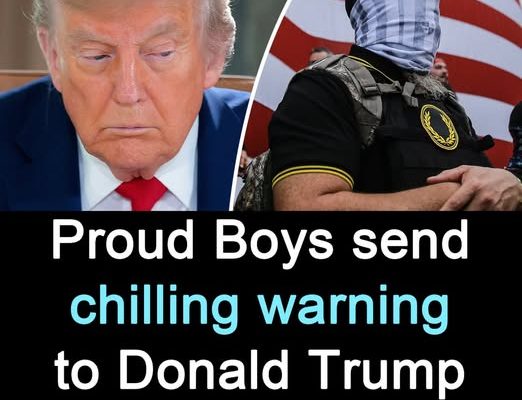Following recent U.S. military strikes on Iranian nuclear sites, President Donald Trump has entered a new and highly scrutinized phase of his second term. While the administration has defended the actions as a necessary step to reduce global threats, the international community—and some domestic groups—are expressing concerns.
In a televised address on Saturday evening, President Trump described the strikes on Iran’s Fordo, Natanz, and Isfahan facilities as a “spectacular military success,” stating, “Our objective was the destruction of Iran’s nuclear enrichment capacity and a stop to the nuclear threat posed by the world’s number one state sponsor of terror.”
Global Reactions Pour In
The international response was swift. Iranian Foreign Minister Abbas Araghchi strongly criticized the strikes, calling them “outrageous” and warning of lasting consequences. On social media, he wrote, “Every member of the UN must be alarmed by this extremely dangerous and unlawful behavior.”
In contrast, Israeli Prime Minister Benjamin Netanyahu praised the move, describing it as a demonstration of strength that could reshape the future. “President Trump and I often say: ‘Peace through strength.’ First comes strength, then comes peace,” Netanyahu said.
United Nations Secretary-General António Guterres urged caution, warning that the region remains fragile and any further escalation could have serious consequences. Leaders from the U.K., China, and other nations echoed concerns about regional stability, urging restraint and diplomacy.
Shifting Sentiments at Home
Domestically, reactions have been mixed. While many of President Trump’s supporters continue to back his foreign policy decisions, some groups are voicing their apprehension about potential long-term involvement in overseas conflicts.
One such group, known for previously supporting the president, expressed that they would withdraw their backing if U.S. involvement in the region deepens. A statement shared through a public messaging platform urged the president to focus on pressing challenges within the United States, such as economic recovery and national security.
“America First means prioritizing our domestic issues,” the message read. “We hope the president will continue to focus on rebuilding the strength of our nation at home.”
Balancing Foreign Policy and Domestic Priorities
The evolving situation presents complex questions about the role of U.S. leadership in global affairs and the balance between international engagement and national priorities. The administration has not indicated any plans for extended military action but has emphasized the importance of deterrence and national security.
As developments continue, both global leaders and American voters will be watching closely—seeking clarity, reassurance, and a path forward that avoids prolonged conflict while safeguarding peace and stability at home and abroad.



